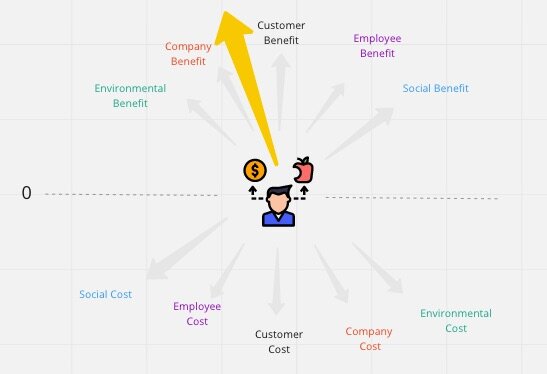Pragmatic Moneyball
So much of the premise of the movie 'Moneyball' is rooted in the concepts of successful product management leadership. Once Billy Beane has announced his need (as the General Manager of the Oakland A's) to 'adapt or die', the crux of the solution to his problems rests in discovering the REAL problem.
After losing their star players to larger contracts offered by richer teams, the scouts and coaches of the Oakland A's begin to discuss how to replace those star players using their standard, time honoured criteria. When Billy questions their methods the following conversation occurs:
"We're trying to solve the problem."
"Not like this you're not. You're not even looking at the problem."
"We're very aware of the problem."
"OK good, what's the problem?"
"We have to replace 3 key players."
"Nope. What's the problem?"
"Same as it ever is, we have to replace these guys with existing players."
"Nope, What's the problem?"
"We need 38 home runs, 120 rbis and 37 double plays to be replaced."
"Nope. The problem we're trying to solve is that there are rich teams and there are poor teams … its an unfair game."
The remainder of the film deals with a product strategy to address the real problem at hand; competing in a league where the payrolls of teams are vastly disparate. The scouts and coaches were trying to solve the apparent symptoms of the problem but not the problem itself. The strategy Billy Beane employed is spoken by his assistant, Peter Brand:
"Baseball team owners think in terms of buying players. Your goal shouldn't be to buy players but to buy wins and in order to buy wins you need to buy runs."
This product strategy leads to a different way of thinking about what's valuable about a baseball player. Billy and Peter acquire players whose primary value lies in their ability to get on base (by walk or by hit) and therefore be more likely to score runs. They are able to ignore other negative factors about those players and as a result acquire players not attractive to the big market teams still using traditional selection criteria. This in turn allows them to field a competitive team at a fraction of the cost of their competitors' teams. While not winning the World Series that year, the Oakland A's implementation of this product strategy changed the way Major League Baseball teams managed their teams from that year forward.










